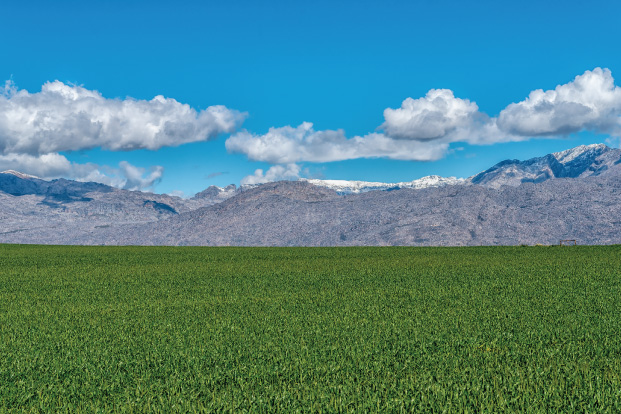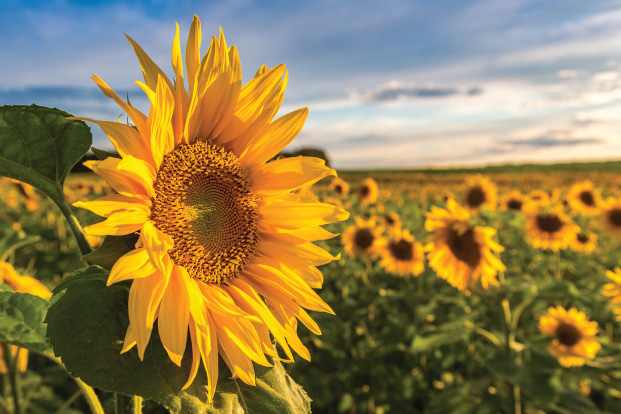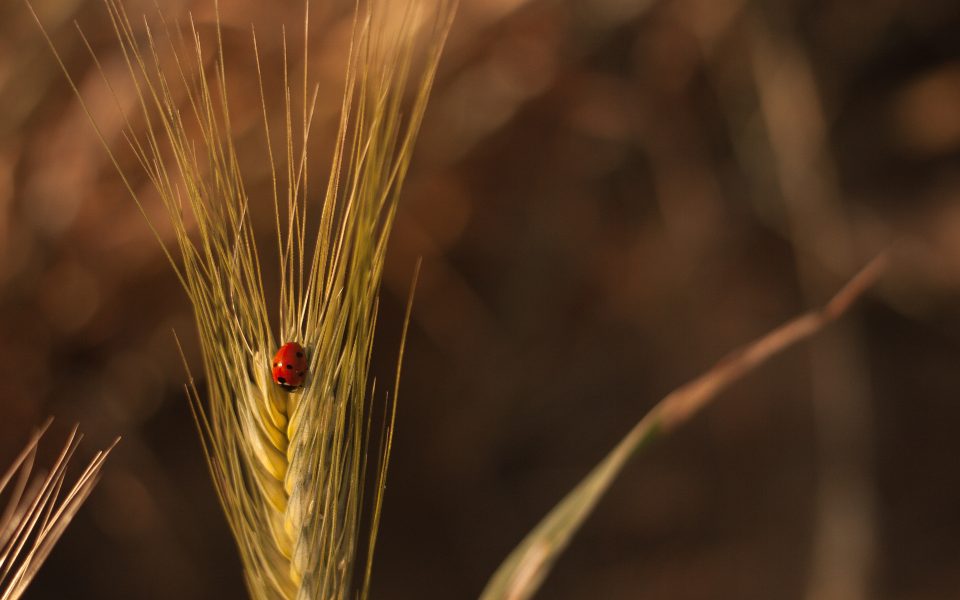Sugar tax will cause extensive job losses
Deciduous fruit industry honours top achievers
September 22, 2016SA water curbs to hit citrus exports
September 23, 2016The South African Sugar Association (SASA) has called on Treasury to reconsider its intention to introduce tax on sugar-sweetened beverages (SSBs) by April 2017.
“It is the view of the South African sugar industry that insufficient consideration has been given to the full impact of the imposition of a tax,” said SASA chairperson Rolf Lütge.
At a media briefing in Johannesburg, SASA said the sustainability of cane growers, millers as well as the livelihoods of thousands of people in rural areas hung in the balance if the sugar tax became law.
“The tax is likely to compound unemployment challenges in the two cane-producing provinces of Mpumalanga and KwaZulu-Natal,” said Lütge.
The SSB sector buys 620 000t of sugar annually, making it the leading buyer of locally-produced sugar. More than 100 000ha of cane must be produced to meet this supply. However, calculations show that if the price of SSBs increased by 23%, local sugar sales will drop by 170 000t – a loss of 10% in sales revenue.
“This is a huge decline for an industry that doesn’t operate on large margins, said Suresh Naidoo, vice-chairperson of SASA.
According to Naidoo, this would cause commercial and small-scale growers to leave the industry. The tax would squeeze profit margins of growers who are already burdened with the effects of the drought, rising costs and an inability to compete globally.
He said that since 2000 the SA sugar industry has seen a decline in sugar cane harvested and crushed. Area under cane dropped from 421 637ha in 1999/2000 to 382 840ha in 2013/2014.
The number of small-scale growers who can continue delivering cane is also declining, said Naidoo, and this will affect the government’s objective of building thriving rural economies.



